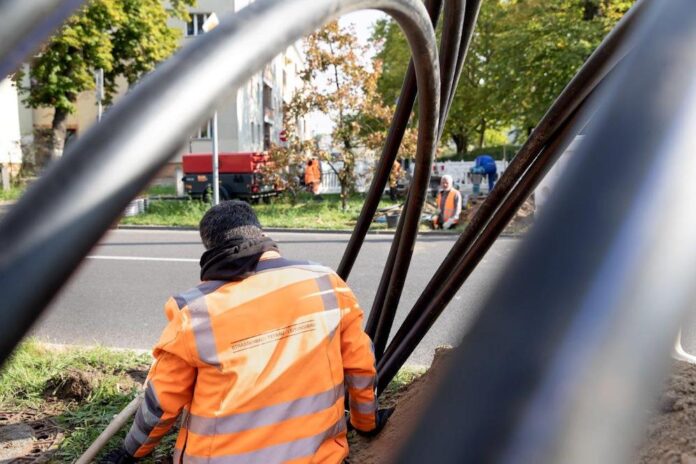United Internet has opted out of further investments in the cableco following a significant dilution of its stake in March
Germany’s United Internet – which owns 1&1 – announced it has decided not to make further investments in Kublai GmbH, which holds around 95% of second-largest cable network operator Tele Columbus – which sells services under the PŸUR brand. In November, Tele Columbus looked set to gain a new €200m cash injection, plus a debt maturity extension until 2028, initially from United and Morgan Stanley, which added to around €100m of funds previously committed.
In its interim statement Q1 2024, United Internet reported that Kublai had conducted a capital increase in the first quarter of 2024 to provide Tele Columbus with equity, in which United Internet did not participate in the end. Hilbert Management, an indirect subsidiary of Morgan Stanley Infrastructure (MSI), subscribed to the full amount of the capital increase totaling €300 million. This resulted in a dilution of United Internet’s stake in Kublai to around 5% (previously 40%) and a subsequent non-cash impairment loss of approximately €185 million for United.
United Internet had the option until today, to increase its stake back to 40% by acquiring shares from MSI for €120 million. However, United instead released a market statement claiming it is convinced that the valuation of Tele Columbus AG on which the capital increase is based is significantly too low and that the dilution of the shares held by United Internet is therefore too far-reaching.
“However, its majority of votes at the shareholders’ meeting enabled MSI to conduct the capital increase on the basis of a valuation determined by MSI,” the company stated. “United Internet will now initiate the contractually stipulated anti-dilution proceedings and arrange for an arbitration court to review MSI’s valuation. If the court follows United Internet’s opinion based on a valuation commissioned prior to the capital increase, United Internet is entitled to a compensation amount of approximately €300 million.
“The decision not to invest further in Kublai is due to a disagreement between MSI and United Internet regarding Kublai’s future financing,” added the company.
Tele Columbus had to raise
Without that raise, ratings agency Fitch had already warned last year that Tele Columbus’s fibre strategy to spend €2bn over 2021-2030 to upgrade its HFC infrastructure to fibre “significantly exceeds” the operator’s current organic EBITDA generation. In March, Fitch downgraded Tele Columbus and announced it would no longer cover the company.
In its parting research note, Fitch said amendments to the German telecommunication law are likely to put pressure on bulk TV revenue from mass provision of basic TV programming. Under the amended law, which will come into effect in mid-2024, housing associations will no longer be able to pass on TV fees to end-users. Revenue from analogue TV accounted for 37% of Tele Columbus’s total revenue in 2022.
Earlier this month, Tele Columbus began disconnecting TV households with collective housing association contracts ahead of the change in the country’s law that will see this practice banned. The operator said it would deactivate homes that fail to switch to individual contracts to avoid unauthorized use of the signal when the contracts become null and void on 1 July – risking a large churn event.
As a result, Fitch believes the execution risk for the company remains high. “In contrast to many of its larger cable peers, Tele Columbus’s footprint extends to only a few regions in Germany, with access to around 9% of German households. It has a significantly smaller operational scale than most nationwide cable peers who benefit from larger footprints and sustained strong FCF,” stated Fitch.


